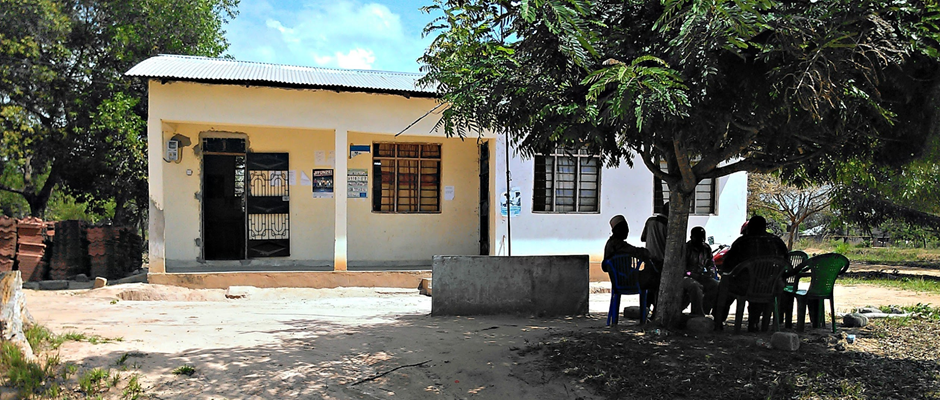
In recent years, there has been a global push for government transparency, with Africa also experiencing a significant increase in the adoption of right-to-information laws. The ability to access this information is crucial for fostering transparency, accountability, and good governance. However, a recent research paper by Afrobarometer sheds light on the persistent challenges faced by African citizens in accessing public information, despite the existence of right-to-information (RTI) laws across the continent.
The study, titled “Veiled Transparency: Challenges in Accessing Public Information in Africa” was conducted by Anne Okello, Sophie Sunderland, and Joseph Asunka published in Afrobarometer Dispatch No. 771. It delves into the complexities of accessing public information in Africa and highlights the discrepancies between the demand for information and the actual ability to obtain it.
Afrobarometer is a pan-African, non-partisan survey research network that provides reliable data on African experiences and evaluations of democracy, governance, and quality of life. This analysis is based on 53,444 interviews in 39 countries. The data are weighted to ensure comparable nationally representative samples. When reporting multi-country averages, all countries are weighted equally (rather than in proportion to population size).
Key Findings
Demand for public information – One of the key findings of the research is the high demand for public information among African citizens. The study reveals that a majority of Africans express support for accessing information such as local government budgets, contracts, and salaries of public officials and teachers. This strong demand underscores the importance that citizens place on transparency and accountability in governance.
Supply of public access to information – Despite the widespread support for access to public information, the research uncovers a stark reality – the difficulty in actually obtaining this information. The data shows that while citizens desire access to crucial information held by public authorities, they believe it is unlikely they could obtain it if they were to make a request. The disconnect between demand and perceived accessibility highlights the existing challenges in the implementation of RTI laws in Africa.
Links to public trust and perceptions of corruption – Furthermore, the study explores the association between access to information, perceptions of corruption, and trust in government officials. It reveals that in countries where access to information is perceived to be difficult, citizens are more likely to view their elected leaders as corrupt and less likely to trust them. This correlation underscores the importance of transparency in building trust between citizens and their governments.
The research paper also discusses the broader implications of limited access to public information on democracy and governance in Africa. Transparency and accountability are fundamental pillars of a functioning democracy, and the right to information is enshrined in regional and international instruments. However, the findings suggest that despite the progress in enacting RTI laws in Africa and guaranteed in several regional and international instruments such as the African Charter on Human and Peoples’ Rights (Article 9) and the Universal Declaration of Human Rights (Article 19) (United Nations, 1948) accessing the information held by public officials remains restricted for most citizens.
As the global and continental push for government transparency continues to gain momentum, the study calls for new strategies to advance the RTI agenda in Africa. It emphasizes the need for concerted efforts to address the implementation gaps that hinder citizens’ access to public information. Transparency and accountability are not just buzzwords but essential components of a democratic society, and ensuring access to public information is crucial for holding governments accountable and promoting good governance.
Read the full report here: Veiled Transparency: Challenges in Accessing Public Information in Africa



